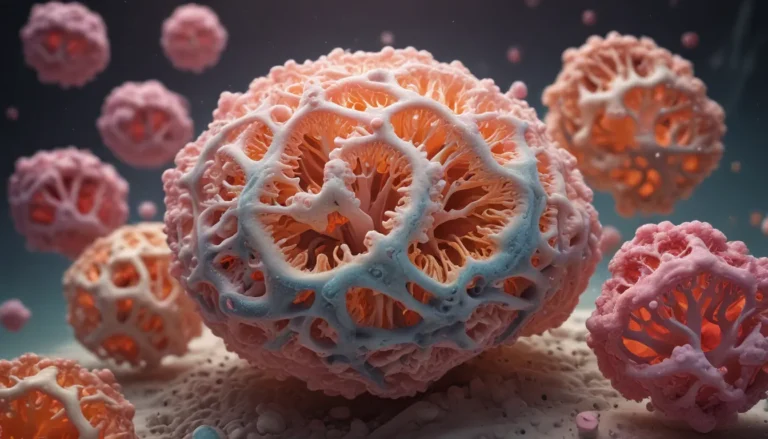A Note About Images: The images used in our articles are for illustration purposes only and may not exactly match the content. They are meant to engage readers, but the text should be relied upon for accurate information.
Viral replication is a captivating process that holds the key to understanding how viruses perpetuate their existence by hijacking host cells. This phenomenon plays a pivotal role in the life cycle of viruses and is essential knowledge for virologists, infectious disease researchers, and medical professionals working on antiviral therapies and vaccines.
Insights into Viral Replication
- Viruses Depend on Host Cells: Viruses are obligate intracellular parasites, relying on host cells for replication and survival.
- Key Steps of Replication: The process of viral replication involves attachment, penetration, uncoating, genome replication, protein synthesis, assembly, and release.
- Diverse Host Range: Viruses have the ability to infect a wide range of hosts, including humans, animals, plants, bacteria, fungi, and even other viruses.
- DNA or RNA Genomes: Viruses can possess either DNA or RNA as their genetic material, influencing their replication strategies.
- Unique Replication Processes: Retroviruses like HIV utilize reverse transcriptase to convert RNA into DNA, integrating it into the host genome.
Exploring Viral Replication
Viral replication is a dynamic process that involves complex interactions between viruses and host cells. From causing genetic variation to evading the immune system, here are some remarkable aspects of viral replication:
- Genetic Variation: High mutation rates in some viruses during replication lead to genetic diversity, enabling them to adapt and evade the immune system.
- Cellular Damage: Viral replication often results in cellular damage, manifesting as various symptoms and diseases.
- Latency Period: Certain viruses can remain dormant within host cells, reactivating at a later time to resume replication.
- Antiviral Drugs: Targeting specific steps in viral replication, antiviral drugs inhibit the virus’s ability to replicate and spread.
Complex Interactions in Replication
Viral replication involves intricate strategies employed by viruses to ensure their survival and propagation. From recombination to interactions with host cell proteins, here are some fascinating insights:
- Recombination: Some viruses undergo recombination, exchanging genetic material and giving rise to new variants.
- Host Cell Interactions: Viruses manipulate host cell proteins and processes to facilitate their replication and survival.
- Cell Type Specificity: Certain viruses exhibit a narrow range of host cells they can infect, determined by specific receptors or factors.
- Influence of Immune Response: The immune system plays a crucial role in combating viral infections and can affect the outcome of viral replication.
The Role of Antiviral Therapies and Vaccines
Understanding viral replication is instrumental in developing effective antiviral therapies and vaccines to combat viral infections. By unraveling the complexities of viral replication, researchers can identify targets for intervention and devise strategies to combat viral diseases.
The journey into the realm of viral replication is filled with wonders and revelations. As we continue to explore the intricate mechanisms that govern the world of viruses, we gain a deeper appreciation for the resilience and diversity of life. Let’s embark on this fascinating journey of discovery and uncover the mysteries that shape our understanding of the biological world.
Frequently Asked Questions
- What is viral replication? Viral replication is the process by which viruses reproduce and multiply within host cells.
- How do viruses enter host cells? Viruses enter host cells through various mechanisms, such as binding to specific receptors or fusing with the cell membrane.
- Can viruses mutate during replication? Yes, viruses can undergo mutations during replication, leading to the emergence of new viral strains.
- Can vaccines prevent viral replication? Vaccines stimulate the immune system to prevent viral replication and the onset of viral diseases.
- How does viral replication contribute to the spread of diseases? Viral replication produces infectious particles within the host, increasing the likelihood of transmission to other individuals.
As we delve deeper into the complexities of viral replication, we uncover a world of possibilities and insights that challenge our understanding of the biological realm. Each discovery brings us closer to unraveling the mysteries of life’s building blocks and shaping a future where infectious diseases are more manageable. Trust in our dedication to delivering reputable and captivating content as we embark on this illuminating journey together.






